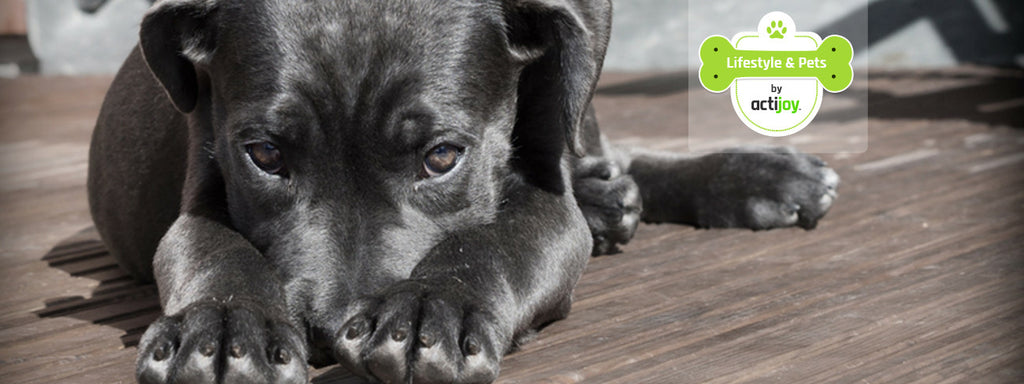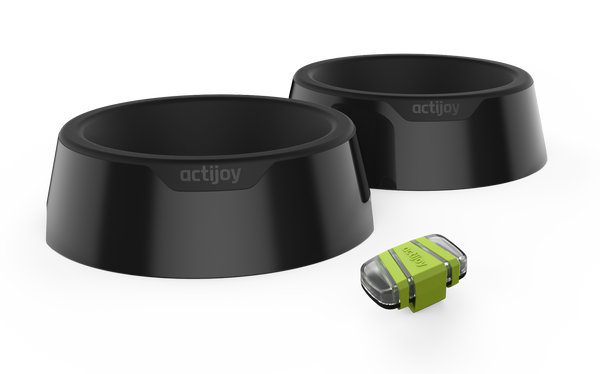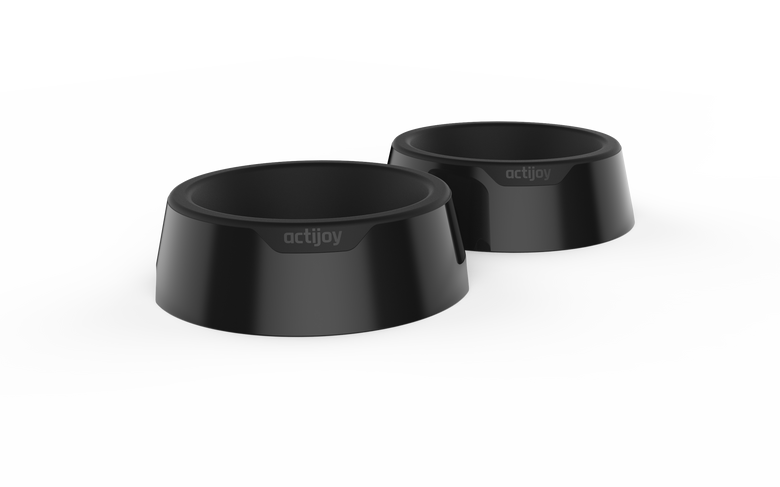Dog Behavior – Bad Habits: Chewing on Furniture

Don’t worry! Chewing is often a very natural behavior, and completely normal (teething puppies, for example). Dogs chew for fun, they chew for stimulation, and they chew to relieve anxiety. They love to chew on bones, sticks and just about anything else available.
On the other hand, sometimes out beloved pets tend to chew up things we value and appreciate, like household furniture. They don’t do this to ‘spite’ us; dogs don’t destroy items because they are upset with their owners (no matter how it may seem, dogs aren’t humans and that isn’t how they think).
In the case of teething puppies- they are chewing because they are teething. In the case of larger dogs- chewing is often an outlet, normally as a method of dealing with anxiety or excess energy. Sometimes dogs simply need to be taught what is ‘OK’ to chew, and what is off limits.
After all, no one is going to be upset if they chew on a tree branch or stick, right? Well, put yourself in your dog’s shoes. Would you really notice the difference between a wooden chair that means nothing to you, other than an oddly shaped piece of wood, and a tree branch?
If this is the case, a simple correction- given enough times to condition their perspective, or ‘teach’ them what is right or wrong- should be fine. Simply give a firm ‘No’ simultaneously while gently removing the object, and then offer a chew toy they can chew on!
- Be sure the ‘No’ is not accompanied by the offering of the chew toy; that could serve to confuse them.
Separation Anxiety

We often can’t help but leave out precious little guys home for long hours while we work, or even while we run errands, visit friends, etc. Being pack animals, dogs aren’t accustomed to being left alone.
So what do they do? Well, sometimes they chew on things like furniture, or scratch/chew at front doors (knowing this is the last place we left, perhaps thinking this is the ‘gateway’ leading to their beloved human owners).
Combating Separation Anxiety
- Don’t shower your dog with an excess amount of attention right before you leave; rather act ‘matter of factly’.
- Act normal when you come home like nothing happened of consequence.
- Don’t call from work; your dog won’t understand where the voice is coming from; this will only increase your dog’s anxiety!
And finally- Give your pet something to do! Provide your dogs with a distraction, something to occupy them while you are away! Do you only have one dog, or two? What kinds of games do you have for your dog- anything mentally stimulating?

Are you sure, that your buddy has enough activity? If you are not sure - track it!
We will help you with other bad habits! Never miss a post! Be sure to subscribe to our newsletter to receive our next series directly in your inbox.



